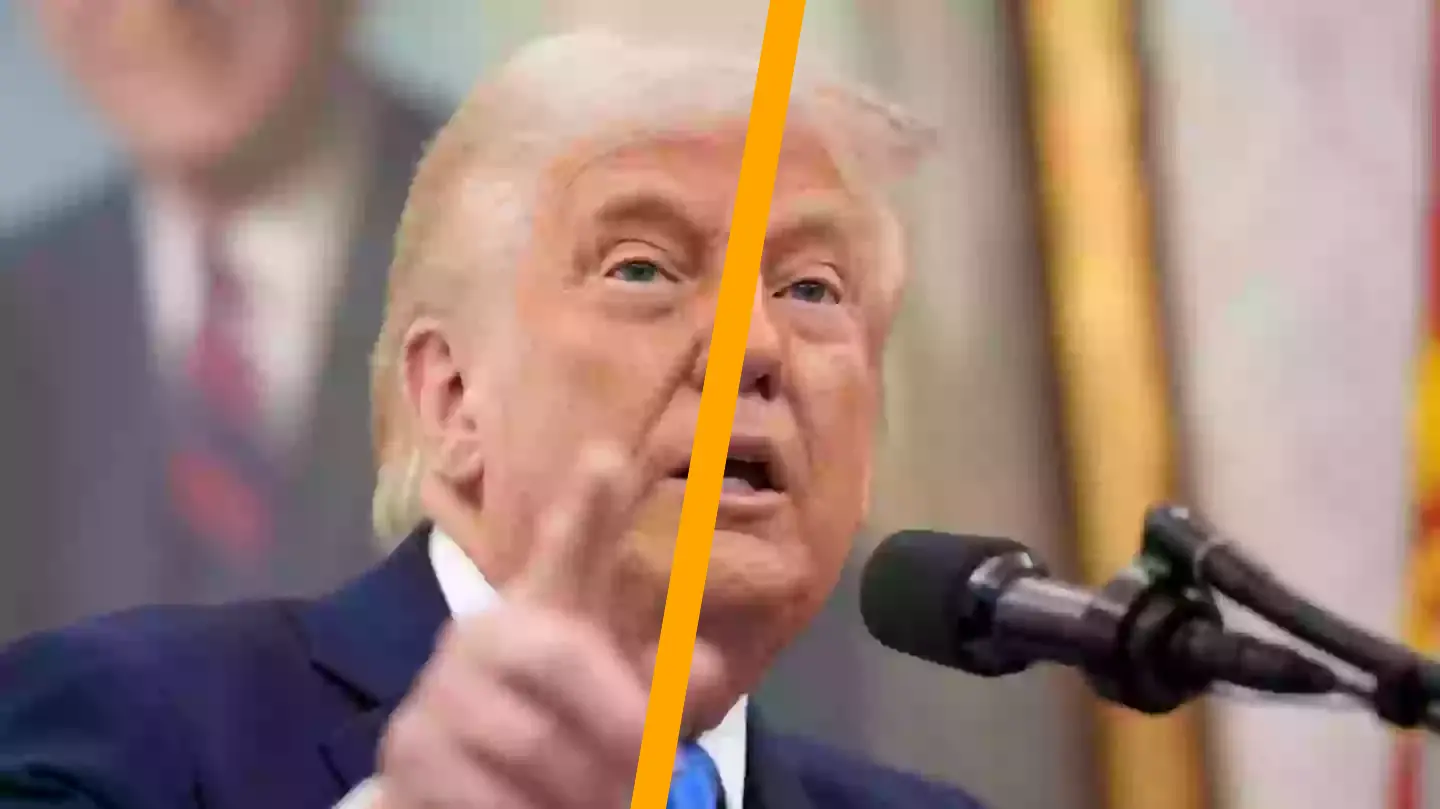Numerous federal employees who have been working remotely have been informed that they need to return to their offices or risk losing their jobs.
During the pandemic, it is estimated that nearly half of the US federal workforce has been working from home for at least part of the week.
However, as these employees are being instructed to return to in-person work, many are encountering unsatisfactory working conditions, including complaints about insufficient space, inadequate equipment, and poor cleanliness.
According to USA Today, some employees have returned to offices plagued with cockroaches and rat infestations. Additionally, they are reportedly required to bring their own toilet paper and paper towels due to a lack of supplies.
Given these inadequate office conditions, one might question why remote work cannot continue as a viable option.

Prior to his return to the presidency, Donald Trump expressed a desire to reinstate office-based work.
He acted swiftly on this intention, issuing a memorandum on his Inauguration Day that mandated federal employees to resume in-person work.
The memorandum, dated January 20, stated: “Heads of all departments and agencies in the executive branch of Government shall, as soon as practicable, take all necessary steps to terminate remote work arrangements and require employees to return to work in-person at their respective duty stations on a full-time basis, provided that the department and agency heads shall make exemptions they deem necessary.”
It is believed that various agencies were given different deadlines to comply with this directive. For instance, Food and Drug Administration (FDA) employees were scheduled to return by March 17.
Similarly, the Internal Revenue Service had a deadline set for March 10.

Military spouses are not subject to this mandate.
A memo from the White House in February stated that ‘return-to-office plans categorically exempt all military spouses authorized to engage in remote work’.
“This includes both military spouses appointed under the Military Spouse Employment Act authorities and those appointed under other hiring authorities,” the memo further explained.
Exemptions also apply to individuals with disabilities, those with qualifying medical conditions, and others with ‘compelling’ reasons.

This transition follows the Biden administration’s decision to allow hybrid working for some employees until 2029.
This policy was established by Biden appointee Martin O’Malley, former Commissioner of the Social Security Administration, who signed an agreement permitting 42,000 Social Security Administration workers to maintain remote work arrangements.
The agreement was finalized in December 2024, and Trump has since initiated legal actions to challenge this and similar agreements.
Reuters reports that such contracts allegedly ‘impede Trump’s abilities to purge the federal workforce and protect national security’.

